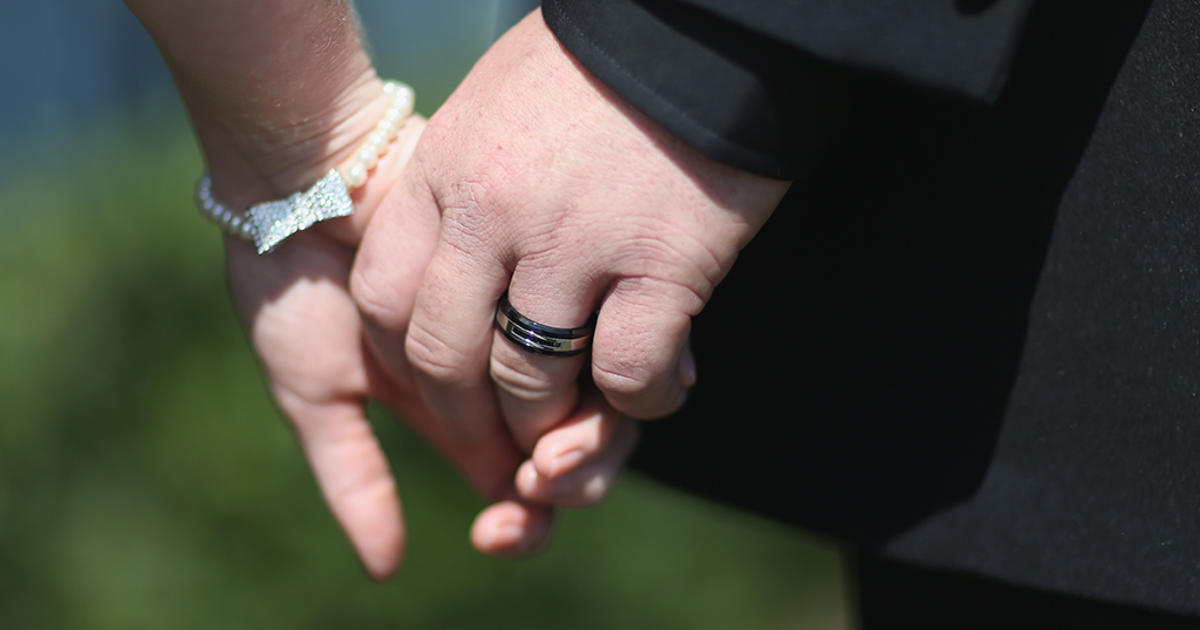Expanded tax credits available to buy electric vehicles but restrictions make it harder to qualify
PITTSBURGH (KDKA) - To reduce carbon emissions by 40 percent by 2030, some expanded tax credits are now available for consumers who want an electric vehicle.
But as KDKA money editor Jon Delano discovered, a lot of restrictions make it harder than ever to qualify for the credit.
Since 2010, consumers who bought an electric vehicle could deduct $7,500 from their taxes, although each auto manufacturer was limited to just 200,000 credits.
This year, the tax credit continues but the limitation is gone, plus there's a new $4,000 tax credit to buy a used EV.
But now it gets complicated.
"It's definitely confusing," says Joey Thurby, who owns a Ford dealership and is the chair of the Neighborhood Ford Stores representing 84 dealers.
Thurby says the new rules could reduce those eligible for a tax credit.
"The law is actually making it more difficult," says Thurby.
First, the tax credit only applies if the EV costs $55,000 or less or the truck or SUV is under $80,000.
Delano: "Are most electric vehicles more costly than $55,000 or less?"
Thurby: "Well, right now most of the vehicles are more costly than those amounts. There are some lesser models that you can purchase."
That makes many EVs ineligible for the tax credit.
Second, while the old tax credit was available to all, the new ones have income limits for the EV purchaser.
"There's gross income limits -- $150,000 for an individual and $300,000 for joint filers," Thurby said.
If you make more than that, the tax credit is not for you.
Then there are the Buy American provisions, which require the EV to have "final assembly" in North America, with 50 percent of the EVs battery parts made in the United States or a free-trade partner.
Assembly is easy, but battery parts are not yet American.
"Right now, we don't produce those materials here. We buy everything overseas," Thurby said.
China manufactures over 75 percent of EV batteries and controls up to 80 percent of the battery's minerals. The mineral rules are suspended for now, but the new law says by next year, no battery part can come from China or Russia.
"I'm not sure how this is going to be policed," says Thurby.
The U.S. Treasury Department promises clarification in the months ahead.
So how popular are electric vehicles? Thurby says EV sales are just 3% of the market, which is why getting the incentives right is so critical.




